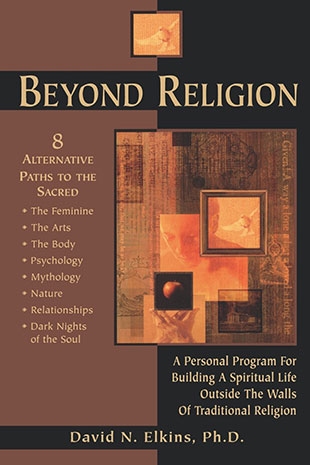The Dual Nature of Religion — From Moral Guidance to Social Division
Religion was originally meant to guide humanity toward goodness — to teach reverence for the divine, compassion for others, self-discipline, and the pursuit of spiritual purity. However, once different religions emerged and became deeply rooted in human societies, religion gradually turned into one of the major sources of division among people. In some cases, it even ignited large-scale wars. Paradoxically, the harm caused by religion sometimes seems greater than the good it was intended to bring.
Below is a discussion of this complex issue from several perspectives.
1. The Essence and Original Purpose of Religion
Throughout history, whether it was Buddhism and Confucianism in the East or Christianity and Islam in the West, the core message of religion has always been moral: to promote kindness, honesty, forgiveness, moderation, and compassion.
In early human societies, religion played the role of a moral compass, serving as a foundation for ethical behavior before modern legal systems existed. In this sense, religion contributed greatly to the birth of civilization and the elevation of human ethics.
2. The Source of Division: When Faith Meets Power
The problem lies in the fact that religion is not directly governed by God — it is interpreted, taught, and administered by human beings. Once religion becomes intertwined with power, it inevitably gets exploited.
Religious leaders and political rulers have often used each other to strengthen authority — religion became both a tool of legitimacy and a banner for division. Many so-called “religious wars” in history, such as the Crusades, the Thirty Years’ War, and modern sectarian conflicts in the Middle East, were not purely struggles of faith. They were, at their core, battles over power, territory, and wealth, disguised under the name of God.
3. The Problem of Exclusivity and “Absolute Truth”
Many religions claim to possess the only truth, fostering the mindset of “those who are not with us are against us.” Such exclusivity prevents genuine dialogue and understanding between faiths.
Faith should be a personal spiritual choice, not a declaration of superiority. Yet when religions insist on absolute truth, extremism and hatred can easily arise. Countless acts of violence and terrorism have been committed in the name of “divine will,” even though they completely contradict the compassionate essence of the teachings they claim to uphold.
4. The Social Consequences of Religious Division
-
Ideological Confrontation – Humanity becomes divided into opposing faith communities, losing a shared moral foundation.
-
Violent Conflict – Religious wars, terrorist attacks, and sectarian massacres have taken countless innocent lives.
-
Obstruction of Progress – Religious conservatism has often clashed with science and humanism, hindering social and intellectual advancement.
-
Deformation of Human Nature – When religion becomes an instrument of exclusion and dominance, believers may lose the original virtues of compassion and humility.
5. How to Restore the Positive Role of Religion
For religion to once again serve as a force for good, humanity must engage in deep reflection and reform:
-
Return to the Core Spirit of Faith – Emphasize love, empathy, and moral integrity over rituals and dogma.
-
Encourage Interfaith Dialogue – Acknowledge that all major religions share common values such as kindness, honesty, peace, and compassion.
-
Maintain the Separation of Religion and Politics – Prevent faith from being exploited for political or economic gain.
-
Promote Education and Critical Thinking – Help people distinguish between genuine faith and religious fanaticism.
6. Conclusion
Religion itself is not evil; the real danger lies in the darker side of human nature — greed, fear, and the lust for power. When faith is corrupted by these forces, the light of religion is overshadowed by human ambition.
Only when mankind learns to see beyond the external divisions of religion and rediscover its true essence — love, sincerity, and compassion — can religion once again become a bridge that unites humanity, rather than a wall that separates it.
Related articles:
1. The Truth About the “Chosen People”: Faith or Deception?
2. The Grave Dangers of Merging Politics and Religion: A Fatal Threat to Pluralistic Societies
3. God, Humanity, and Religious Tolerance: A Philosophical and Theological Reflection on Extremism
4.Those who always use race and religion issues to seek political gains are morally corrupt leaders

